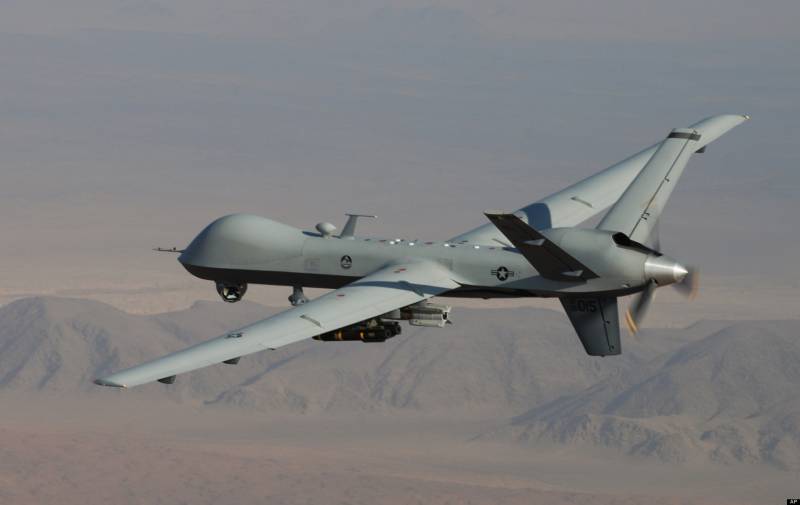Islamabad- The Pakistani military said its jets killed 35 suspected militants on Wednesday as part of an anti-Taliban offensive hours after another explosion nearby, which officials initially said was a U.S. drone strike, killed up to 20 people.
The violence in Pakistan comes as the United States struggles to bring stability to neighboring Afghanistan before most of its forces pull out after 12 years of inconclusive war.
In one of the worst attacks in Afghanistan in a year, dozens of people were killed on Tuesday when a car bomb exploded in a crowded market in the eastern province of Paktika, near the Pakistani border.
Taliban and other al Qaeda-linked fighters battling in both Afghanistan and Pakistan have for years mingled in strongholds in Pakistan's ungoverned, ethnic Pashtun border lands but there has been little coordination in confronting them between U.S.-led forces in Afghanistan and their Pakistani allies.
On Wednesday, Pakistani jets killed 35 suspected militants in the Shawal valley, a remote militant stronghold on the Pakistani side of the border opposite Afghanistan's Paktika, Pakistani military officials said. The military said that the jets targeted members of the Pakistani Taliban and included Uzbeks, Chechens and Arab fighters, who had fled to the remote Shawal region from the military's offensive launched last month.
"These terrorists were earlier evicted from (the towns of) Mir Ali and Miranshah and they took refuge in the forests of the Shawal valley where jets have been targeting their positions," one Pakistani official said. There was no independent confirmation of the casualties.
Hours earlier, a big explosion went off in Datta Khel, a town in North Waziristan region near the border, and resident Malik Wakil Khan, said 18 bodies had been recovered from the rubble of a compound. Pakistani security officials in the area gave tolls of from 15 to 20 killed and several of them said a U.S. drone carried out the strike.
But a high-ranking Pakistani military official later denied that the United States was responsible for the attack. He did not elaborate. Foreign Ministry spokeswoman Tasnim Aslam told Reuters the Pakistani military had no confirmation there had been a U.S. drone strike. Pakistan publicly condemns the U.S. drones strikes saying they often kill civilians and are a violation of sovereignty. But some officials, including a former president, have said the military has secretly approved them in the past.
The uncertainty over the cause of the Datta Khel explosion underlines the difficulty in getting reliable information about military operations along the border. The area is largely sealed off to outsiders and, in addition, the United States does not provide information about its drone attacks. The Pakistani military is also often reluctant to give details of its operations.
U.S. drone strikes resumed in Pakistan in June after a hiatus of six months, during which the Pakistani Taliban and the government had been involved in desultory peace talks. Within days of the resumption of the strikes, Pakistan announced a military offensive designed to push the Pakistani Taliban out of North Waziristan.
Pakistan's allies had long called for such a push, complaining that militants were using the area as a base for cross-border attacks into Afghanistan. Pakistan has promised to eradicate all militants from North Waziristan, a stark departure from a traditional policy of tolerating some militants that do not attack the Pakistani state.
More than half a million civilians were ordered to leave their homes before ground operations started. Residents say most militants left too.
Some of the militants are believed to have gone to ground in Pakistan's cities, while others have apparently fanned out into remote mountains and forests in areas such as the Shawal Valley.






